Past activities
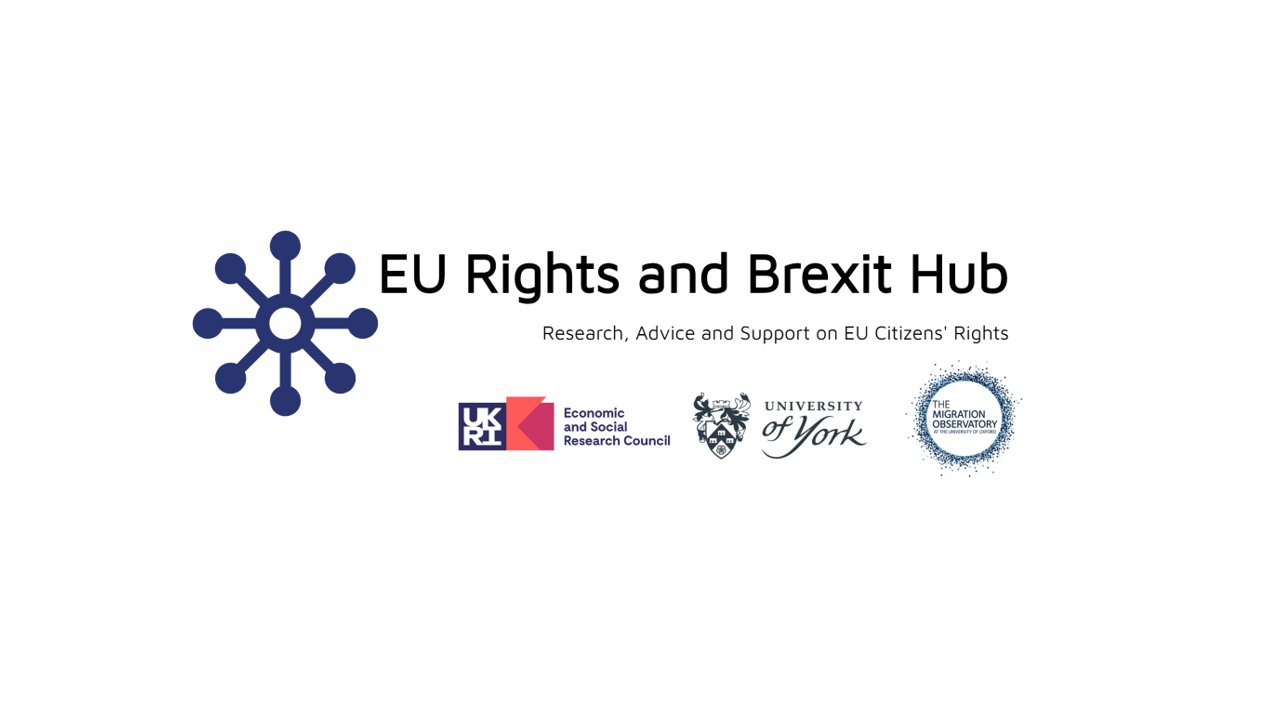
The EU Settlement Scheme one year on: retrospect and prospect
The EU Rights and Brexit Hub and the APPG for Immigration Law and Policy are organising an event, hosted by APPG Chair Stephen Timms MP, to reflect on the EU Settlement Scheme so far and the research, engagement and advocacy opportunities for the future.
This event was reshceduled from September 2022.
This event will bring together MPs, Lords, key NGOs, the IMA and academics to reflect over one year since the deadline of the EU Settlement Scheme.
In the first panel discussion, "Experiences of the EU Settlement Scheme", you will hear from Madeleine Sumption (Migration Observatory), Prof Simon Parker and Dr John Evemy (University of York). Dr Fiona Costello (University of Cambridge) and Kate Smart (Settled). The second panel will focus on "Policy and Advocacy Opportunities on the EU Settlement Scheme", with contributions from Dr Alice Welsh (EU Rights and Brexit Hub), Tania Gessi (Roma Support Group), the3million (invited) and the Work Rights Centre.
The event is in-person only and there is no hybrid option. If you would like to attend this event, please do get in touch as soon as possible by email copying in both alexandra.bulat@york.ac.uk and john.evemy@york.ac.uk with the subject title "EUSS Event". Tickets are limited so we cannot guarantee spaces, but we will confirm as soon as possible after the expression of interest.
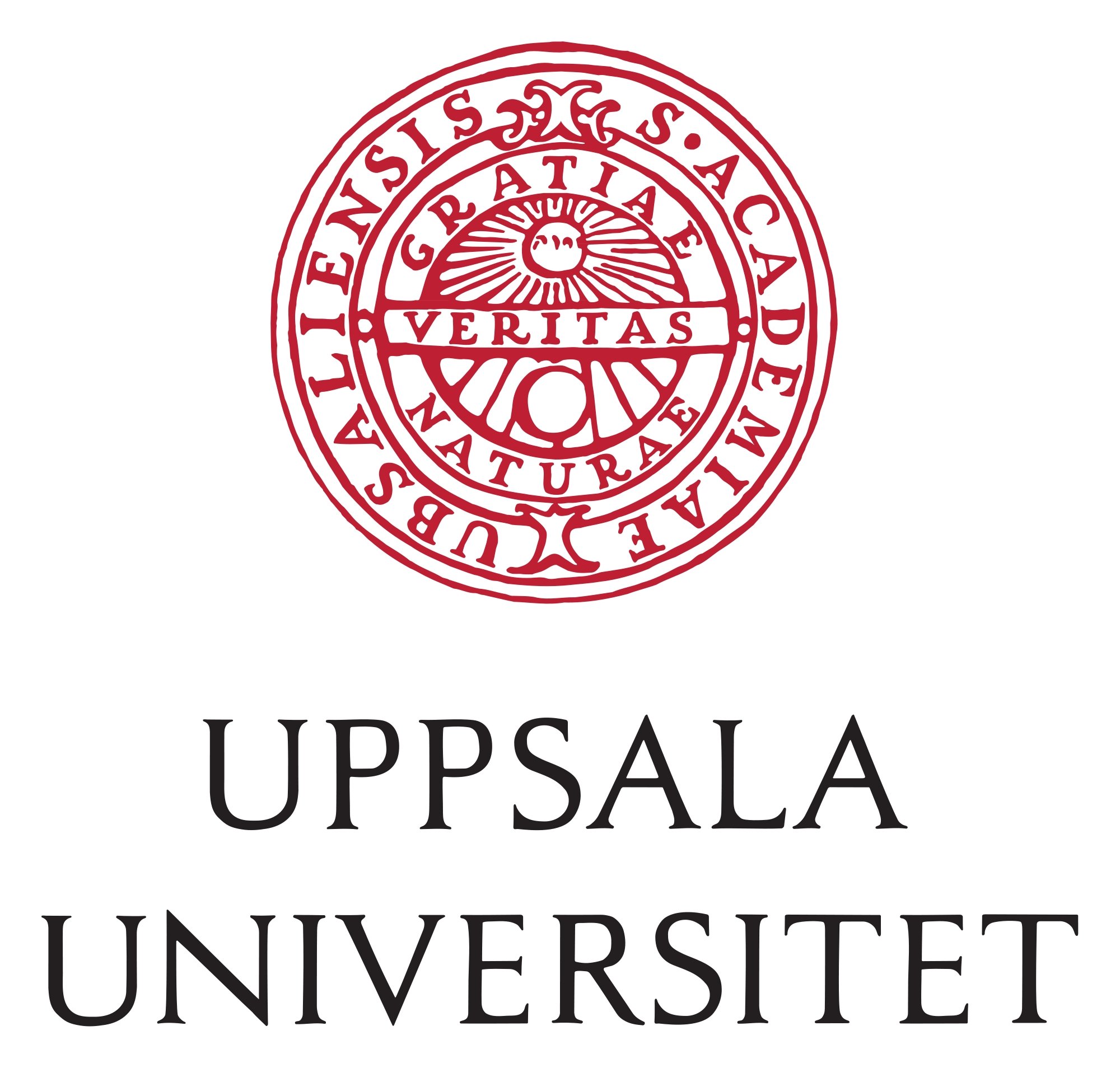
Symposium: European Citizens Thirty Years On: Economic Contributors, Political Members, Right-holders?
International symposium: European Citizens Thirty Years On: Economic Contributors, Political Members, Right-holders?
In collaboration with Uppsala Forum for Democracy, Peace and Justice, Centre for Multidisciplinary Research on Religion and Society (CRS Uppsala), the Department of Law, the Department of Government, and the Department of Philosophy at Uppsala University.
22nd-23rd November
Charlotte O’Brien will be participating.
Details TBC. For updates see the Uppsala Forum on Democracy, Peace and Justice website.
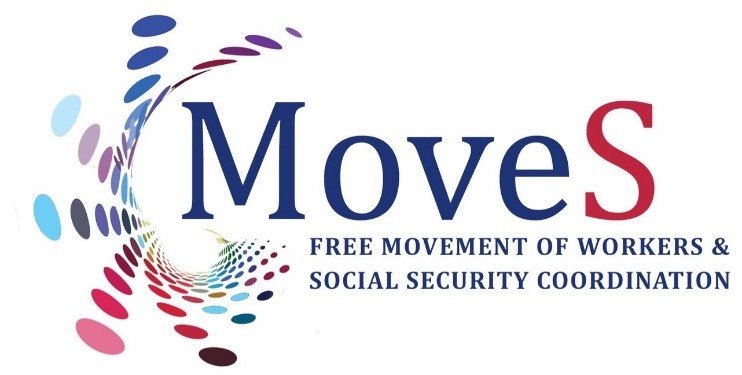
Talk: Posting of workers and free movement law at MoveS seminar
MoveS seminar on the posting of workers in the context of free movement of workers, provision of services and coordination of social security.
26th October in Bucharest
Details TBC
For details on the MoveS website and other events see their website.
Charlotte O’Brien will be speaking about the posting of workers and free movement law.
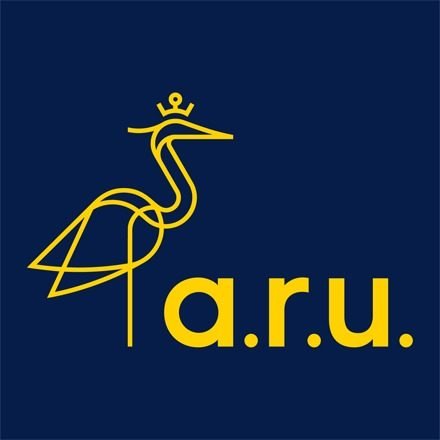
Webinar: ‘Legal action research and research activism’
Anglia Ruskin University Centre for Access to Justice and Inclusion
28th September (webinar)
Charlotte O’Brien will be giving a webinar on Legal Action research and research activism.
Find out more about the Centre on their website.
Details TBC.
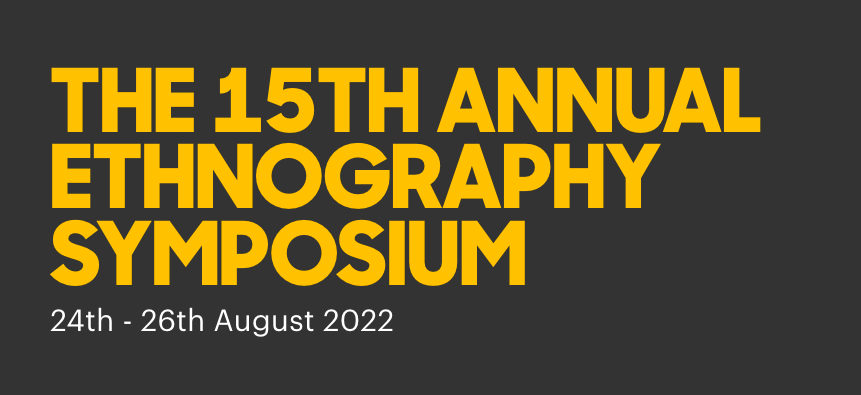
Keynote: Annual Ethnography Symposium
Annual Ethnography Symposium
THEME: Transdisciplinary adventures in ethnographic methods
Hosted by Suffolk Business School
University of Suffolk
24th-26th August 2022
Charlotte O’Brien will be a Keynote speaker at this event
event details can be found on the Symposium website.
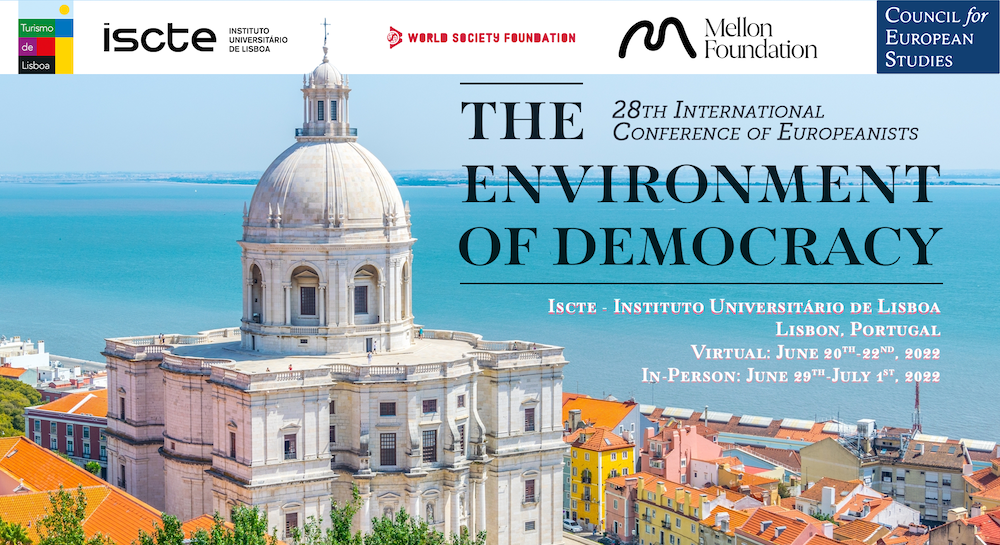
Talk: Democracy Is Not Enough: Children, EU Citizenship, and Destitution
Twenty-Eighth International Conference of Europeanists: The Environment of Democracy
Virtual: June 20-22, 2022 | In-Person: June 29-July 1, 2022
See event details on CES website.
Charlotte O’Brien is presenting a paper on ‘Democracy Is Not Enough: Children, EU Citizenship, and Destitution’ as part of a panel on ‘EU Citizenship: Enhancing or Undermining Democracy and the Rule of Law?’
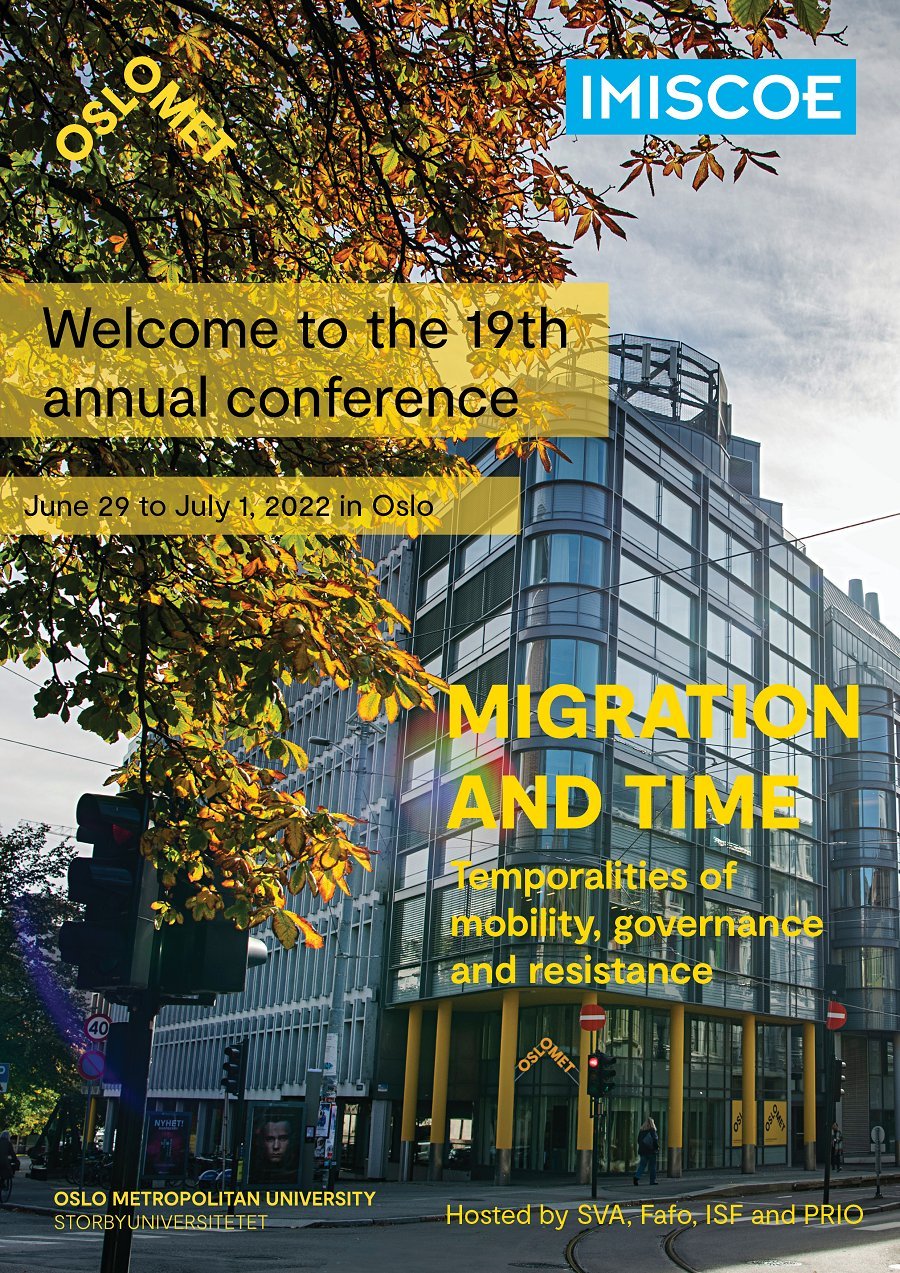
Talk: 'The misrule of non-law: guidance, press releases and rumours determining EEA nationals' access to welfare in a post-Brexit UK'
The 19th IMISCOE Annual Conference
Charlotte O’Brien and Alice Welsh are presenting their paper on ‘The misrule of non-law: guidance, press releases and rumours determining EEA nationals' access to welfare in a post-Brexit UK’ as part of a panel on ‘A legal approach to welfare and migration governance’ in the ‘Street-level bureaucrats and immigrants’ access to welfare’ session.
See event details on the IMISCOE website
Abstract:
The misrule of non-law: guidance, press releases and rumours determining EEA nationals' access to welfare in a post-Brexit UK
Charlotte O’Brien and Alice Welsh
Brexit has triggered an upheaval in the legal landscape of EEA nationals' welfare rights. In an already complex and error-strewn field, street level bureaucrats are now faced with multiple parallel rights regimes, depending status under the EU Settlement Scheme, the time of their application and for family members, on the situation of the rights-holder on which they rely.
Legislative instruments and amendments have been flying off the shelves, several subject to, or liable to become the target of, high level litigation, challenging compatibility with EU law and the Withdrawal Agreement. In such circumstances, decision-maker guidance assumes an elevated status, supplanting the impossible-to-follow law. And the State has increasingly treated changing the guidance as an alternative to amending the law - and in one case attempting through guidance alone to un-quash regulations quashed by the Court of Appeal.
Some unworkable rules laid down in regulations are to be largely ignored, according to reports from closed meetings with government officials, while other policies, affecting legal rights, are given effect through press releases with no accompanying legislative actions.
As a result of this informal, incoherent approach the guidance on which street level bureaucrats rely is plagued with contradictions, inaccuracy and confusion.
Utilising case studies from the legal action research clinic at the EU Rights and Brexit Hub, this paper highlights some of the extraordinary experiences of EEA+ nationals attempting to access to welfare and public services in the UK, reflecting on the heightened risks of administrative injustice in periods of significant legal transition.

Webinar: MoveS - Free Movement of Workers and the Gig Economy
MoveS lunchtime webinar - Free Movement of Workers and the Gig Economy
The EC-funded MoveS network (Free Movement and Social Security Coordination) organises a lunchtime webinar on 24 June at 11:00 CEST, 10:00 BST.
For several years, we have been observing the expansion of a new way of working: platform work, which has led to the growth of the gig-economy. Given that this way of working is gaining importance and is reshaping the labor markets within the EU, MoveS will explore how this phenomenon relates to free movement and social security coordination in the EU. After a deep-dive into the concept itself, focusing also on some challenges and opportunities that come with this way of working, we will touch upon the Directive proposed at EU-level, with the goal of improving the working conditions in the gig-economy. With regard to the free movement of workers, it is clear that, as the legislation at EU level was designed around a more traditional model of work, there actually exist gaps in the legislation when it comes to the gig-economy. Some possible solutions in this regard will be discussed further. Last but not least, the conflict rules of EU social security coordination may be challenged by cross-border situations of platform work. Main approaches taken by national and EU institutions to address potential issues will be discussed, as well as some alternative approaches.
Viewers will have the opportunity to ask questions and share their views in a dedicated Q&A session.
When: Friday, 24 June 2022, 11:00 – 13:30 CET (incl. 15 min break and 30 min Q&A session)
Where: online
Speakers: Karolien Lenaerts - Charlotte O’Brien - Alberto Barrio Fernandez
Moderation: Filip Van Overmeiren
Registration is free of charge at: MoveS Webinar - Free movement in the gig-economy (google.com)
For more information see the MoveS website.
Charlotte O’Brien will be presenting on:
Free movement in the gig economy: protecting the work and/or the workers?
The explosion in gig economy work in recent years poses a free movement paradox. On the one hand, the flexibility built-in to the gig work model should fit well with freedom to pursue work across borders. The demographic overlap is also notable – young people are both more likely to be employed in the gig economy and also more likely to migrate between Member States for work, opening up the possibility that the two phenomena will increasingly coincide.
On the other hand, gig-work creates procedural and ideological challenges; the free movement framework was designed around a more traditional model of work, with protections commensurate with consistency and duration of work. This talk examines the gig-gaps in the EU legislative architecture, and sketches out scenarios in which there is a clash of ideals embedded within the single market. In exploring proposals for better integrating gig-work into EU cross-border law (both through legislation and through possible interpretative approaches of the CJEU), this paper focuses on whether the EU can adapt to the new working landscape and yet prevent the growth of a fifth freedom – that of the free movement of exploitation.
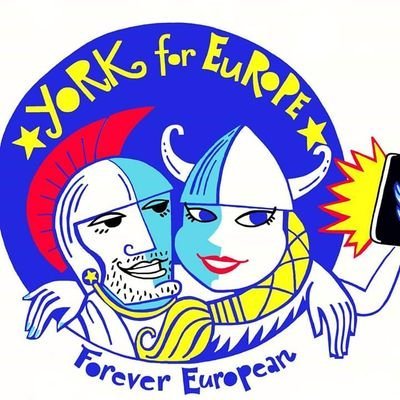
Webinar: The Brexit Hits the Fan
York For Europe
Zoom meeting with Professor Charlotte O'Brien of York University's Law School on Tuesday 14th June at 7.30 p.m. prompt.
Title: The Brexit Hits the Fan
Abstract: "EU nationals living in the UK have been repeatedly hung out to dry in the ongoing process of Brexit - by successive UK governments, by the EU negotiators, and by the Court of Justice of the EU.
Now we are approaching the one year anniversary of the end of the 'grace period' - the deadline for applying to the EU Settlement Scheme - a host of predicted, and unpredicted problems are piling up for people with or without EUSS status. This talk gives a snapshot of some of the most intransigent, systemic (and discriminatory) problems we are seeing at the EU Rights & Brexit Hub, and of our efforts to do something about them."
Here is the link for Professor Charlotte O'Brien's talk with York for Europe on Tuesday 14th June at 7.30 p.m. prompt. https://us02web.zoom.us/j/89700378699
Find out more about York for Europe on their website.
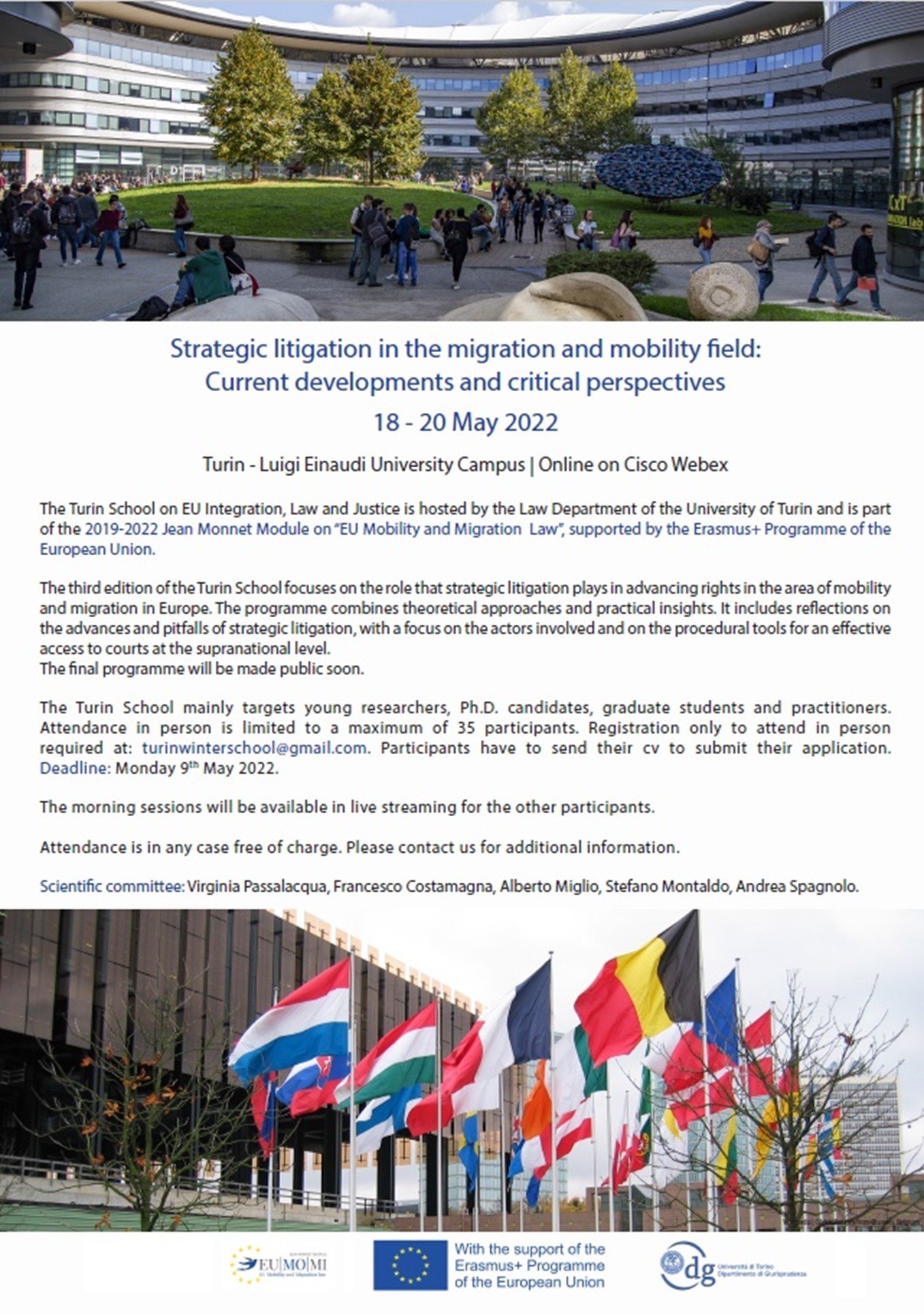
Talk: Litigating for EU citizens and refugees: The cases of the UK and Hungary
Turin - Luigi Einaudi University Campus - Strategic litigation in the migration and mobility field: Current developments and critical perspectives
Charlotte O’Brien is presenting at this Spring School covering the topic of ligiating for EU citizens and refugees in the UK
Friday 20/05 - Room C4
Morning Session
Litigating for EU citizens and refugees: The cases of the UK and Hungary
Charlotte O’ Brien (York Law School)
Gruša Matevžič (Hungarian Helsinki Committee).
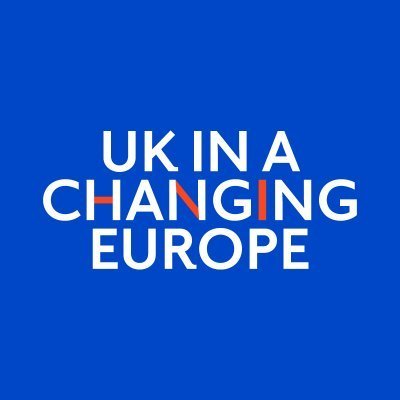
UK in a Changing Europe Research Insights: Migration after Brexit
Principal investigator Charlotte O’Brien will be speaking at a UK in a Changing Europe Event on 5th November. Details below have been taken from the event page.
Research Insights: providing insights from the best social science for those who want to dig a bit deeper into what the research says.
Migration after Brexit, Friday 5 November 2021, 1pm GMT
Leaving the EU has given the UK the scope to control migration. This event will explore how this new freedom has been used and what lessons can be learned from the period since Brexit. How well did the EU Settlement Scheme work? How has the position of EU/EEA citizens already resident in the UK changed in practice? What about temporary migrants and seasonal workers?
The event draws on three ongoing research projects:
Dr Roxana Barbulescu, University of Leeds, ‘Feeding the Nation: seasonal migrant workers and food security during Covid-19’
Professor Catherine Barnard and Ms Fiona Costello, University of Cambridge, ‘EU Citizens Living in the UK’
Professor Charlotte O’Brien, University of York, ‘EU Rights and Brexit Hub’
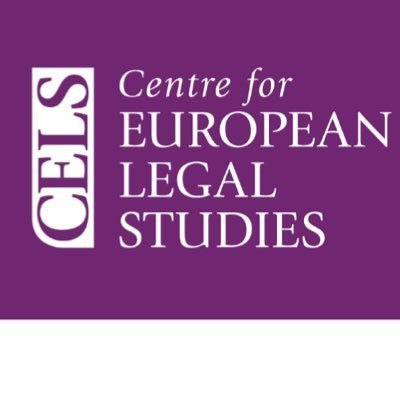
CELS Webinar: 'The Great EU Citizenship Illusion Dispelled? The Evaporation of Equal Treatment for Vulnerable EU Citizens'
Hub principal investigator, Charlotte O’Brien, took part in a webinar to discuss her new paper on the CJEU judgment in CG on the rights of those with pre-settled status to access means-tested benefits in the UK. The information below has been taken from the event page.
Wednesday, 20 October 2021 - 1.00pm
Location:
Online webinar
Title: The Great EU Citizenship Illusion Dispelled? The Evaporation of Equal Treatment for Vulnerable EU Citizens
Speaker: Professor Charlotte O'Brien, York Law School
Biography
Charlotte is a Professor in York Law School. She is the PI on the EU Rights & Brexit Hub, a legal action research project advising and supporting organisations working with EU nationals in the UK, and documenting the obstacles they encounter through advice-led ethnography. She has degrees in Law and Social and Political Sciences, and many years of experience of working and volunteering in Citizens Advice offices. She specialises in EU social law and citizenship, and both UK and EU welfare law. Her work focuses on bringing together doctrinal and empirical study, in particular developing new socio-legal research methods to study EU law. She was PI on the ESRC-funded EU rights Project. Her work has been cited in the House of Commons, the House of Lords, the UK Supreme Court, and the Court of Justice of the European Union.
Abstract
EU citizenship has travelled a rocky judicial road of recent years. After a few muted suggestions that we may be emerging from the Tyranny of the Directive (2004/38), in C-181/19 Krefeld and C-535/19 A, the CJEU has vigorously reasserted the Directive’s supremacy in C-709/20 CG. A case that emerges as a result of a quirk of Brexit, it could have sweeping implications for EU migrants throughout the EU. It summarily dismissed the relevance of the claimants’ constitutive, domestic right to reside, in the form of pre-settled status, drawing from C-333/13 Dano a sweeping exclusion from equal treatment rights for those not in work and without sufficient resources – finding that there just is no protection from nationality-discrimination in the context of social assistance for EU migrants who do not fulfil the Directive’s criteria. In so doing, the Court ignored C-456/02 Trojani completely, in spite of the claimant’s heavy reliance upon that case. The only effect of having a domestic right to reside, according to the Court, is the opportunity to invoke the Charter of Fundamental Rights as a last resort. Without ever explicitly confronting its own earlier pronouncements and optimism, the Court is in the process of dismantling the primary law right to non-discrimination. The great promise of social solidarity between EU citizens seems ever more illusory.
Zoom registration: https://us02web.zoom.us/webinar/register/WN_CDZgL1cfRuq1wtbn-UIotA
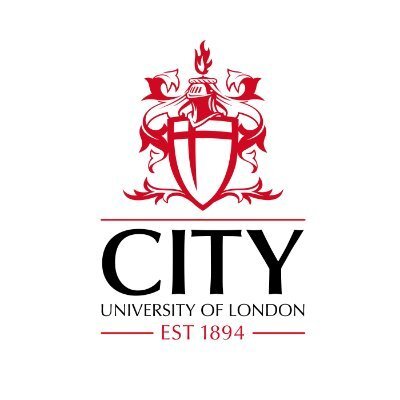
City Law School Webinar: Citizens’ Rights and the EU Settlement Scheme – 3 Years On
Three years on from the date that the UK did not withdraw officially from the EU but the EU Settlement
Scheme was opened to the public, this event takes stock of the position of citizens’ rights in the UK and of the UK. We will hear from experts who can speak to the experiences of EU citizens in the UK, British in the EU and even to some non-EU nationals in the UK.
From the newly established Independent Monitoring Authority (IMA) for Citizens’ Rights, to the first of its kind nationwide legal action research hub, the EU Rights & Brexit hub, to a legal charity supporting EU citizens in Scotland, to considering the wider questions of how Brexit has redefined Britain’s borders for all those who seeks to move between them, this event seeks to give a broad overview of the research and realities of citizens’ rights and the EU Settlement Scheme on that fateful day three years on.
Chair:
Dr Adrienne Yong, Senior Lecturer in Law at The City Law School
Speakers:
* Dr Michaela Benson, Reader in Sociology at Goldsmiths, University of London & Professor Nando Sigona, Chair of International Migration and Forced Displacement at the University of Birmingham (Rebordering Britain and Britons after Brexit (MIGZEN)
* Rhys Davies, General Counsel at Independent Monitoring Authority for Citizens’ Rights
* Professor Charlotte O’Brien, Professor in Law at York Law School & Dr Alice Welsh, Research Fellow at York Law School (EU Rights & Brexit Hub)
* Andy Sirel, Legal Director at JustRight Scotland
Find out more and register for the event at the City Law website.
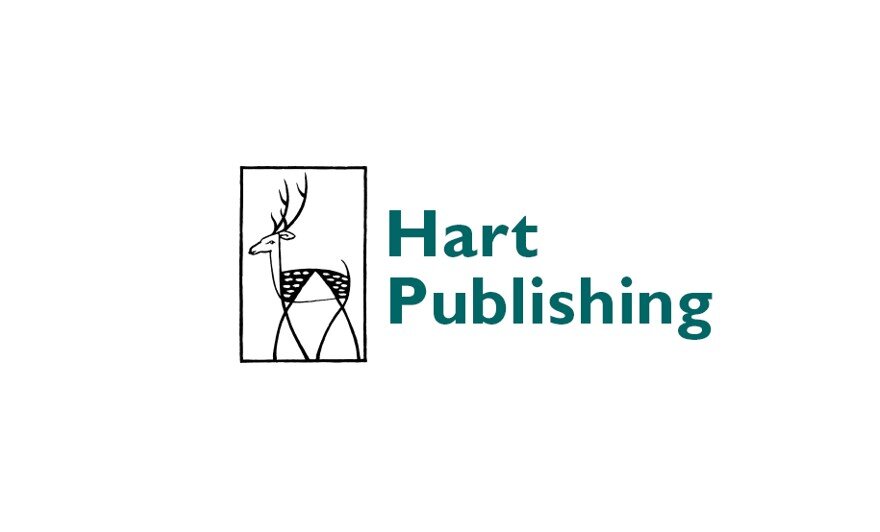
Talk: ‘Citizens' Rights and the Withdrawal Agreement’
The 11th Annual Hart Judicial Review conference
Charlotte O’Brien presented on:
‘Citizens' Rights and the Withdrawal Agreement’
Webinar: Falling through the cracks: how can we protect vulnerable EU citizens?
A virtual APPG on Migration and IMIX event on the challenges for EU citizens applying to the EU Settlement Scheme
Dr Mariña Fernández-Reino will be speaking at this webinar
Visit the eventbrite page to register
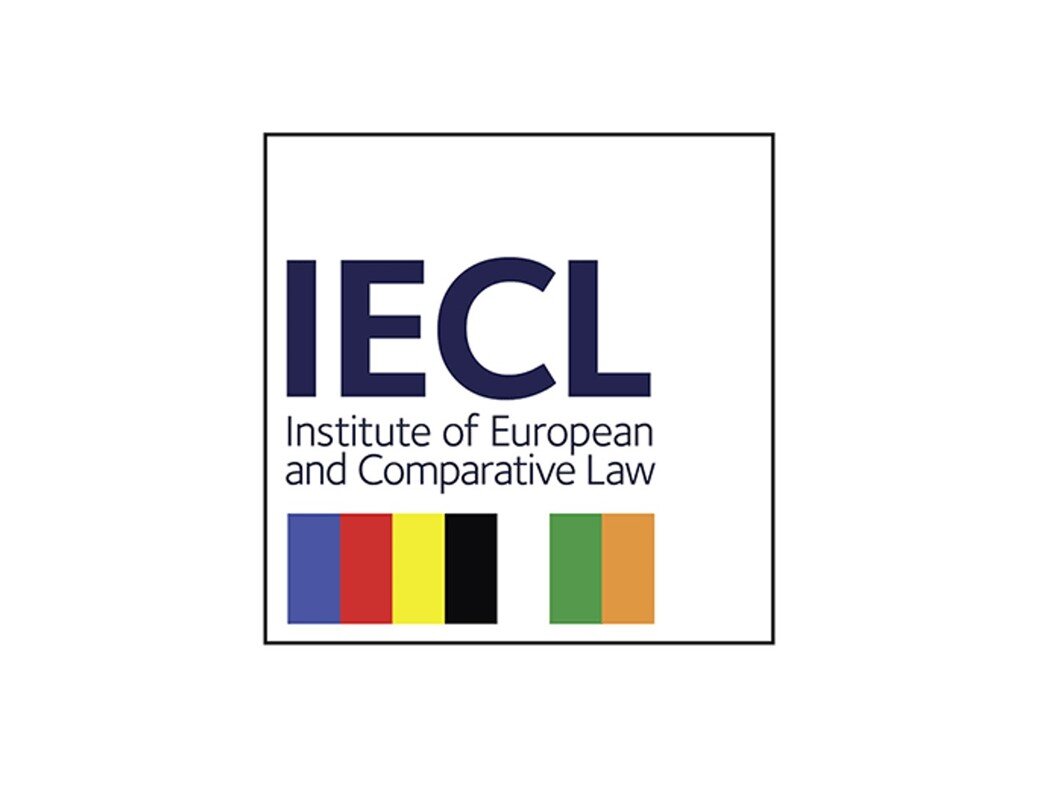
Talk: EU social rights in the UK
British-European Relations Post-Brexit: A Legal Kaleidoscope Workshop. (Institute of European and Comparative Law, University of Oxford)
The Institute of European and Comparative Law is hosting a virtual one-day workshop on Brexit, which will take place via Zoom on Monday 21 September 2020. Given that the transition period has not been extended, leading scholars will look ahead and explore the UK’s future in Europe from a legal perspective. Building on two previous Brexit Symposia in February 2018 and March 2019, this workshop will be entitled “British-European Relations Post-Brexit: A Legal Kaleidoscope”. It will set out and discuss the potential and problems of Brexit in the three separate panels, which are dedicated to the (1) international/institutional, (2) commercial, and (3) personal/private dimensions.
Making the most of the virtual workshop setting, panellists will give short introductory statements to address their particular topic during the first half of each session. The second half of each session will then be available for substantive panel discussion. Members of the pre-registered audience will have the opportunity to ask questions via Zoom Q&A.
Charlotte O’Brien will be presenting on ‘EU social rights in the UK’
Zoom registration by 18th September 2020 here.
See here for more information.
